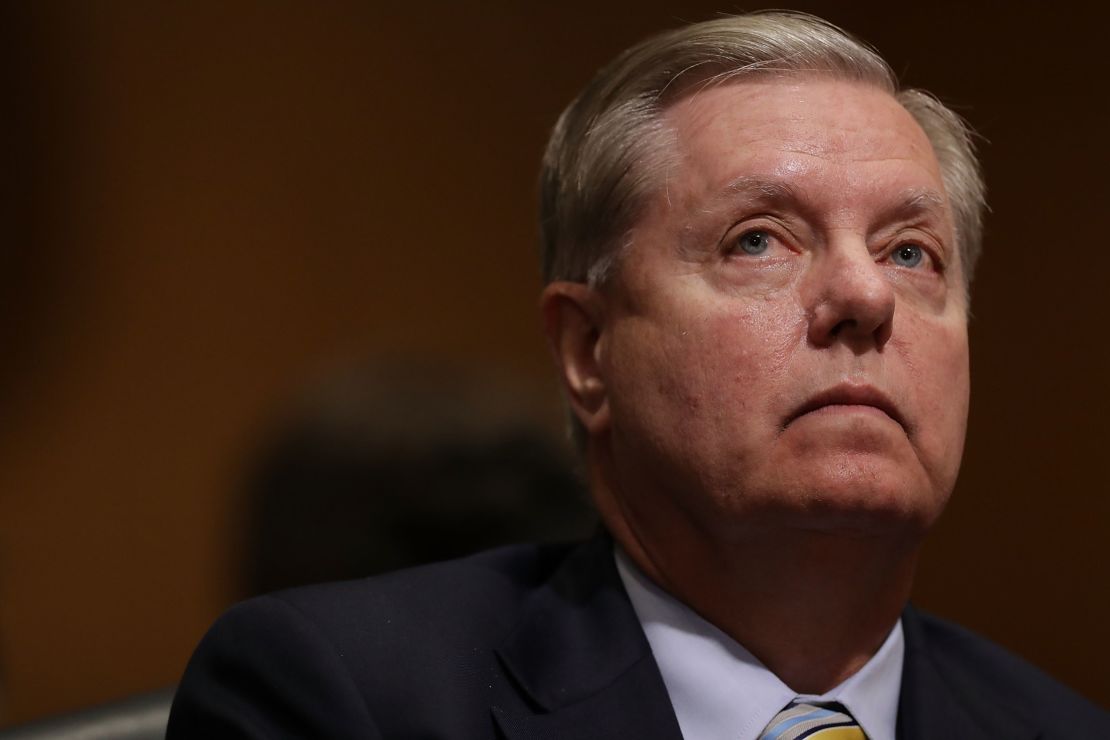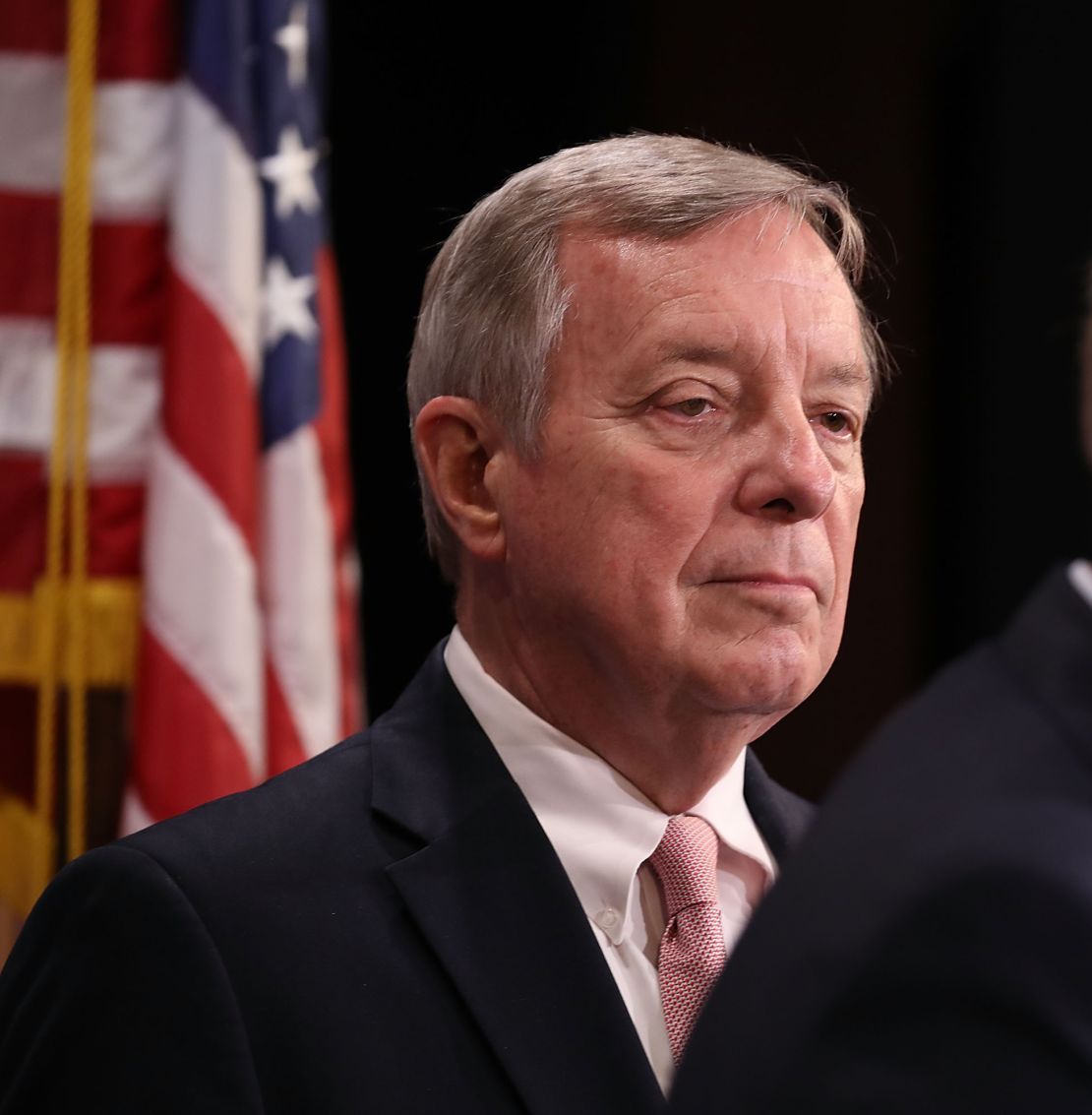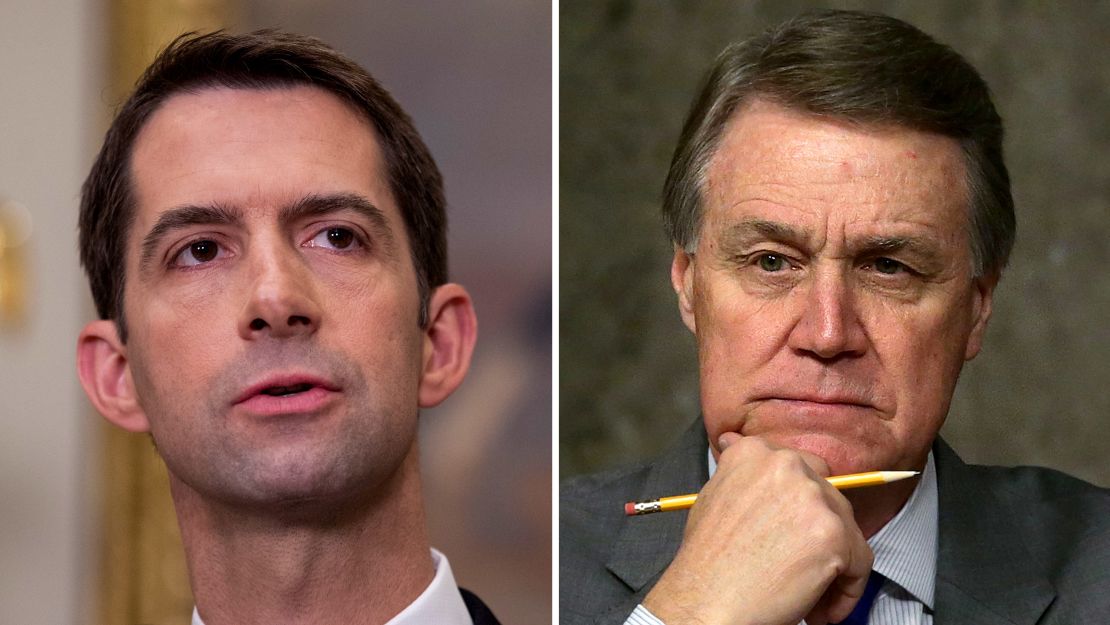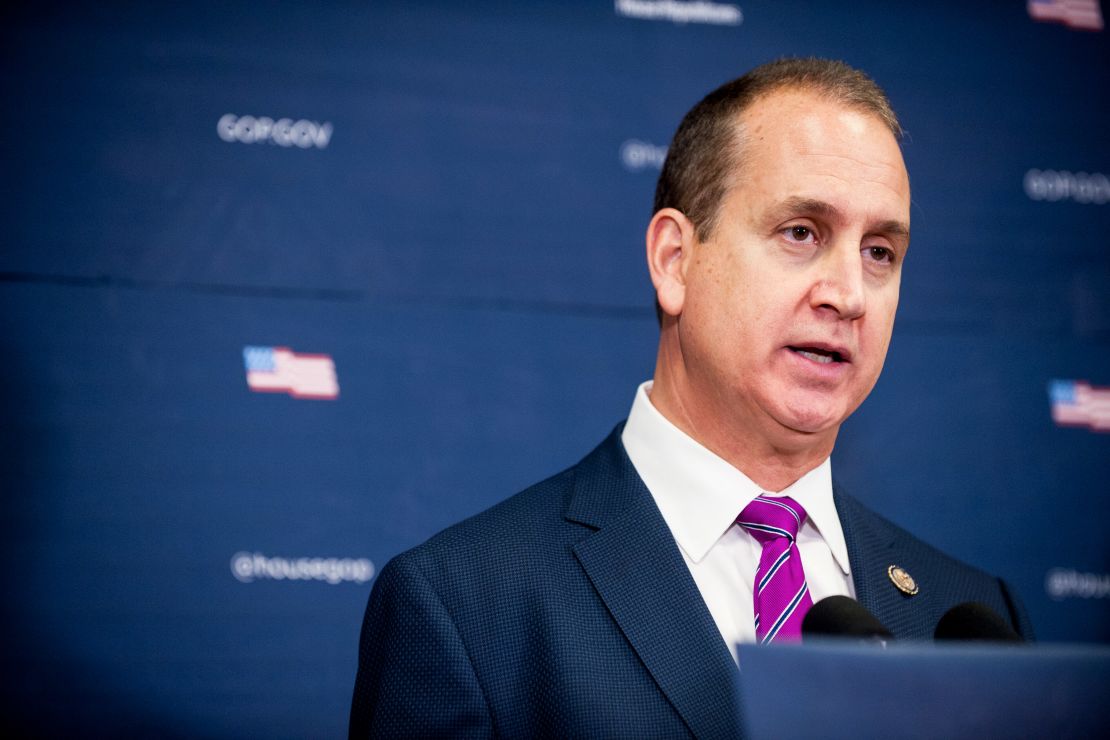During a White House meeting Thursday on immigration reform, President Donald Trump reportedly referred to African nations as “shithole countries.”
Here’s what those who attended the meeting said afterward about the controversy.
Trump said it:
Sen. Lindsey Graham

The Republican from South Carolina issued a statement:
“Following comments by the President, I said my piece directly to him yesterday (Thursday). The President and all those attending the meeting know what I said and how I feel.
“I’ve always believed that America is an idea, not defined by its people but by its ideals.”
Fellow South Carolina GOP Sen. Tim Scott said Graham confirmed to him the President made the remark, telling The Post and Courier of Charleston, S.C., that Graham said the comments being reported in the media were “basically accurate.”
Sen. Dick Durbin

The Democrat from Illinois spoke to reporters on camera:
“(The President) said things which were hate-filled, vile and racist. … But I cannot believe that in the history of the White House, in that Oval Office, any president has ever spoken words that I personally heard our President speak yesterday.”
Trump didn’t say it:
President Trump
Hours after the story broke on Thursday, White House spokesperson Raj Shah did not deny the “shithole” remark. On Friday morning, though, the President said he didn’t use the word, but that his language was tough.
“The language used by me at the DACA meeting was tough, but this was not the language used,” he tweeted, following up with specifics about Haitians.
“Never said anything derogatory about Haitians other than Haiti is, obviously, a very poor and troubled country. Never said ‘take them out.’ Made up by Dems. I have a wonderful relationship with Haitians. Probably should record future meetings - unfortunately, no trust!”
Sens. Tom Cotton and David Perdue

Cotton, a Republican from Arkansas, and David Perdue, a Republican from Georgia, issued a joint statement on Friday:
“We do not recall the President saying these comments specifically but what he did call out was the imbalance in our current immigration system, which does not protect American workers and our national interest.”
But on Sunday, both congressmen, in separate interviews, flatly denied Trump used the words he was accused of saying.
“I didn’t hear it, and I was sitting no further away from Donald Trump than Dick Durbin was,” Cotton said on CBS’s “Face the Nation.”
In an interview with George Stephanopolous on ABC’s “This Week,” Perdue was asked if he was denying Trump said the words.
“I’m saying that this is a gross misrepresentation, it’s not the first time Sen. Durbin has done it, and it is not productive to solving the problem that we have at hand.”
Did not recall
Homeland Security Secretary Kirstjen Nielsen
Nielsen told “Fox News Sunday” that she did not recall Trump saying “that exact phrase.”
“I don’t recall him saying that exact phrase. I think he has been clear, and I would certainly say undoubtedly the President will use, continue to use strong language when it comes to this issue. He feels very passionate about it.”
“It was an impassioned conversation,” Nielsen said when pressed. “I don’t recall that specific phrase being used. That’s all I can say about that.”
Has not confirmed nor denied the statement

Rep. Mario Diaz-Balart
The Republican from Florida issued a statement.
“For months, I have been involved in numerous high-level bipartisan meetings negotiating DACA (Deferred Action for Child Arrivals), including Thursday’s meeting at the White House. There are almost 800,000 young DACA beneficiaries who will face imminent deportation in March if we do not reach a deal. I will not be diverted from all possible efforts to continue negotiating to stop the deportations. Nothing will divert my focus to stop the deportation of these innocent people whose futures are at stake.”
Have not made any public statements about the meeting
Despite being in the meeting, House Majority Leader Kevin McCarthy, a Republican from California, and Rep. Robert Goodlatte, a Republican from Virginia, have not made public comments.




